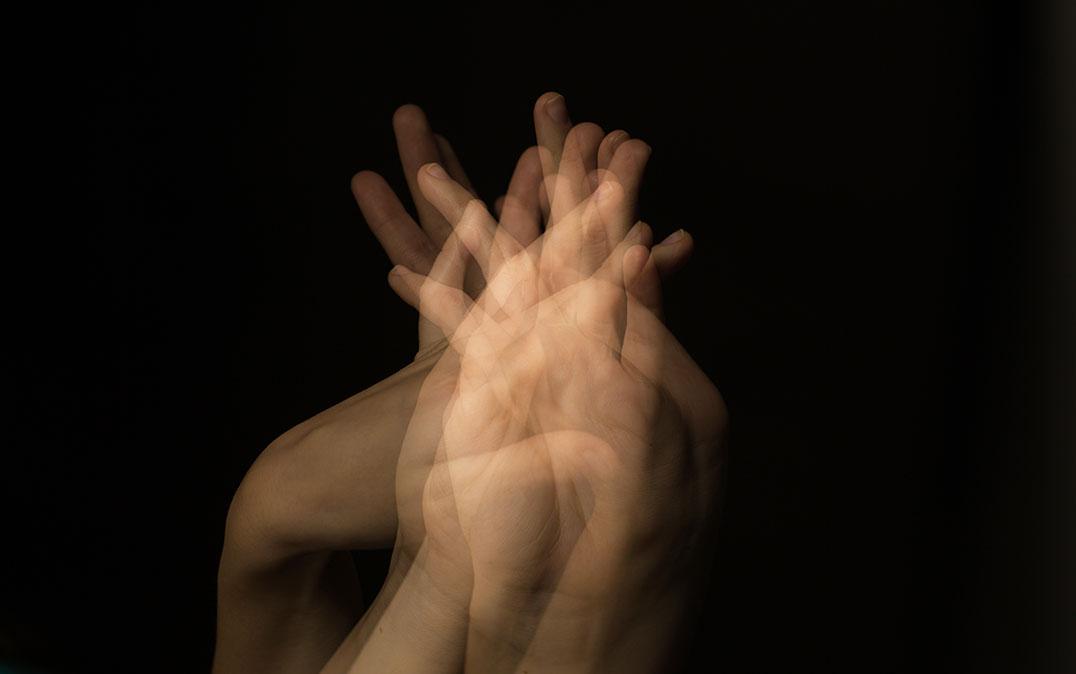Research News
Integrating Physiological Information to Explain Ownership Illusions
 Image by Nikolai Kazakov/Shutterstock
Image by Nikolai Kazakov/Shutterstock
Researchers at the University of Tsukuba explain the subjective feeling of ambiguous body ownership experiences caused by conflicting sensory information using the theory of integrated information, which may help us better understand certain psychological conditions
Tsukuba, Japan—Scientists from the Faculty of Engineering, Information, and Systems at the University of Tsukuba used integrated information theory to study the psychological phenomenon known as body ownership illusion. They discovered a relationship between thinking a fake rubber arm is part of one's body and a measure of the variation between local and global body-brain information processes. This work may help explain altered states of consciousness.
Your body is constantly being bombarded with sensory information. One famous example of how the brain can be fooled by conflicting information is the "rubber hand illusion," in which a subject's hand is hidden behind a partition, and a fake hand is put in their line of sight. Stroking the dummy hand with a brush at the same time as the hidden hand leads to a perception of "body ownership transfer," and the subject starts to think of the rubber hand as actually "belonging" to them. However, the mechanism behind this well-known illusion remains unclear.
Now, a team of scientists at the University of Tsukuba studied how this blurring of the "self" and "non-self" can lead to significant feelings of uneasiness. We have become accustomed to the automatic, and sometimes unconscious, stimuli and movements of our own body. At the same time, we experience the rest of the world in a more detached observational manner. Integrated information theory (IIT) attempts to quantify differences between an entire system and its subsystems. "The uncertain body ownership has been attributed to a discrepancy between first- and third-person perception processes," author Professor Takayuki Niizato says.
The researchers designed a novel experimental system that recorded seven types of physiological data from subjects. Three types of data were related with the body (respiration, heartbeat, and skin conductance) and four were brain EEG signals. They considered the information network formed by these seven signals and calculated the rate of information flow between each pair of nodes. The integrated information ΦMIP showed how much information would be lost if the network was partitioned into two parts. If the interaction was completely random, the ΦMIP would be zero because no correlations existed in the first place. Similarly, the ΦMIP would also be zero in a perfectly correlated system, since local and global behavior are the same. In other words, measuring ΦMIP reflects the degree of a system's inconsistency between local and global behavior. The authors suggests that this incongruity might lead to the subjective feelings of uneasiness related with body ownership awareness.
"Our result suggests that IIT can explain the general tendency of the sense of ownership illusions and individual differences in subjective experience, which may help with certain mental health diagnoses," Professor Takayuki Niizato says. The demonstration of this approach opens up new, as yet unexplored, avenues of study into the sense of self-body "ownership," and has the potential to drastically improve our understanding of our self-perception.
Original Paper
This work is published in Scientific Reports as "The ambiguous feeling between "mine" and "not‑mine" measured by integrated information theory during rubber hand illusion" (DOI:10.1038/s41598-022-22927-1).
Correspondence
Assistant Professor NIIZATO Takayuki
Faculty of Engineering, Information and Systems, University of Tsukuba
Related Link
Faculty of Engineering, Information and Systems (in Japanese)




